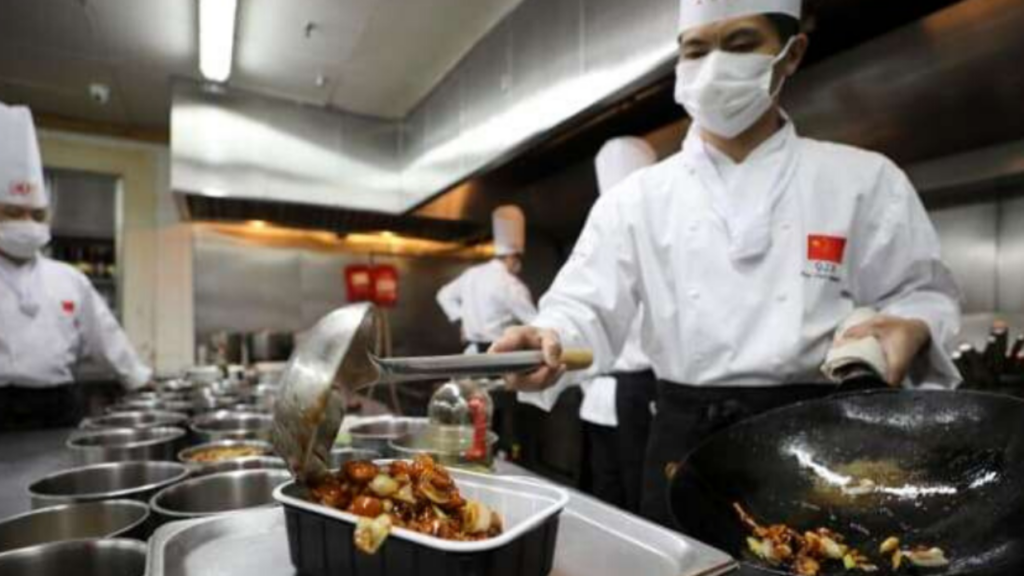The Department of Consumer Affairs has recently issued a notice highlighting the importance of granting customers dining at restaurants the freedom to decide whether they want to pay a service charge. The department explicitly states that the service charge should not be obligatory and should instead be viewed as an optional fee. It further emphasizes that customers should not be compelled to pay the service charge, particularly when they express dissatisfaction with the quality of service provided by the restaurant.

Right to Request Exclusion of Service Charges at Restaurants
As per the Department of Consumer Affairs, individuals dining at restaurants have the privilege to ask for the exclusion of the service charge from their bill. Secretary Rohit Kumar has appealed to leaders in the hospitality industry to advise their members against imposing a service charge, particularly when customers explicitly request its removal.
The notice has been addressed to Kabir Suri, the President of the National Restaurant Association of India (NRAI), and Suresh Poddar, the President of the Federation of Hotel and Restaurant Association of India (FHRAI). The letter clarifies that the service charge can be regarded as a form of voluntary tips or gratuity, which customers have the choice to pay based on their satisfaction with the quality and service provided by the establishment.
Dispute Over Service Charge Prompts Response
Following an incident at a restaurant in Noida’s Spectrum Mall, where a heated dispute broke out over a service charge of Rs 970, the Department of Consumer Affairs (DoCA) issued guidelines. A video surfaced showing alleged physical altercations between customers and staff outside the establishment.
Kabir Suri, the President of the National Restaurant Association of India (NRAI), responded to the DoCA’s instructions, acknowledging that the association had taken note of the letter. However, an unidentified NRAI member argued that service charges are typically shared among all the staff members. They drew a comparison to convenience fees charged in railways, airports, and taxis, implying that the service charge functions on a similar principle.











